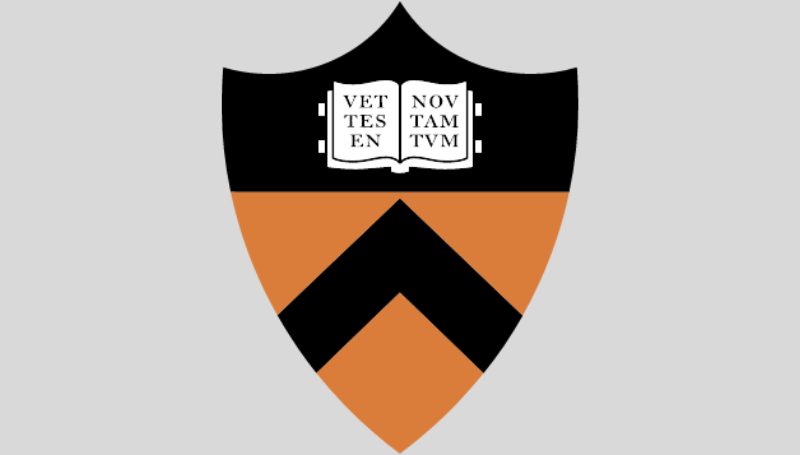Jay Solomon
Semafor, May 9, 2024
“Many of Mousavian’s dictums on the nuclear file would be adopted by the Iranian government after his close political ally, Hassan Rouhani, succeeded Ahmadinejad as president in 2013 and moved to negotiate directly with the Obama administration over the next two years.”
As US-Iran relations thawed during the Obama administration, Princeton University saw an opportunity to make the school a central player in bridging the decades-long divide between the two antagonists. It established an Iran center, welcomed a senior Iranian diplomat to its ivy-coated halls, and pursued a student exchange program with Iran.
But within a dozen years, two of Princeton’s graduate students had been detained or kidnapped by Tehran and its military proxies. And a Republican-led Congress is now formally probing the school’s ties to Iranian regime officials.
Princeton’s experience is a cautionary tale of how American institutions can be ensnared in the internal politics of Tehran and Washington and become pawns in those battles, even as they see themselves as working towards noble goals. After Hamas’ Oct. 7 attack on Israel, Princeton is also another Ivy League school that is seeking to balance academic freedom with scholarship and speech that some US lawmakers and educators believe are hostile to American interests.
… [To read the full article, click here]


